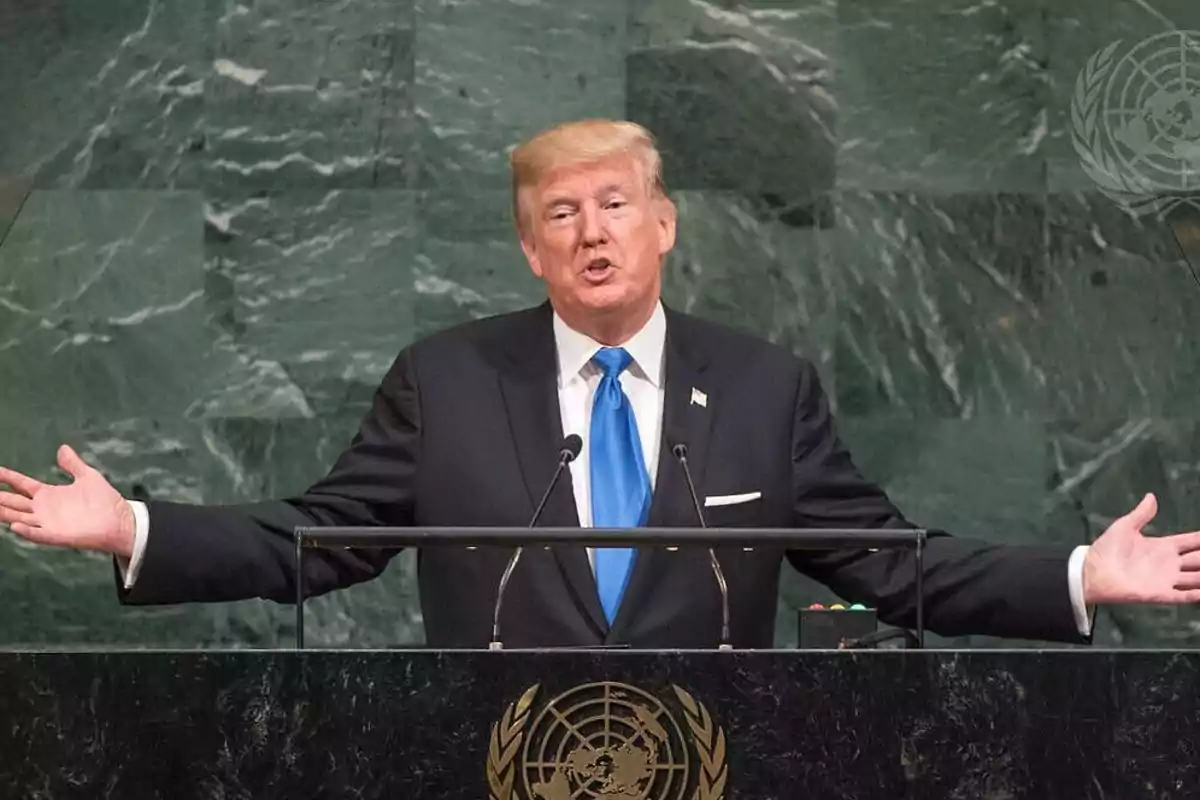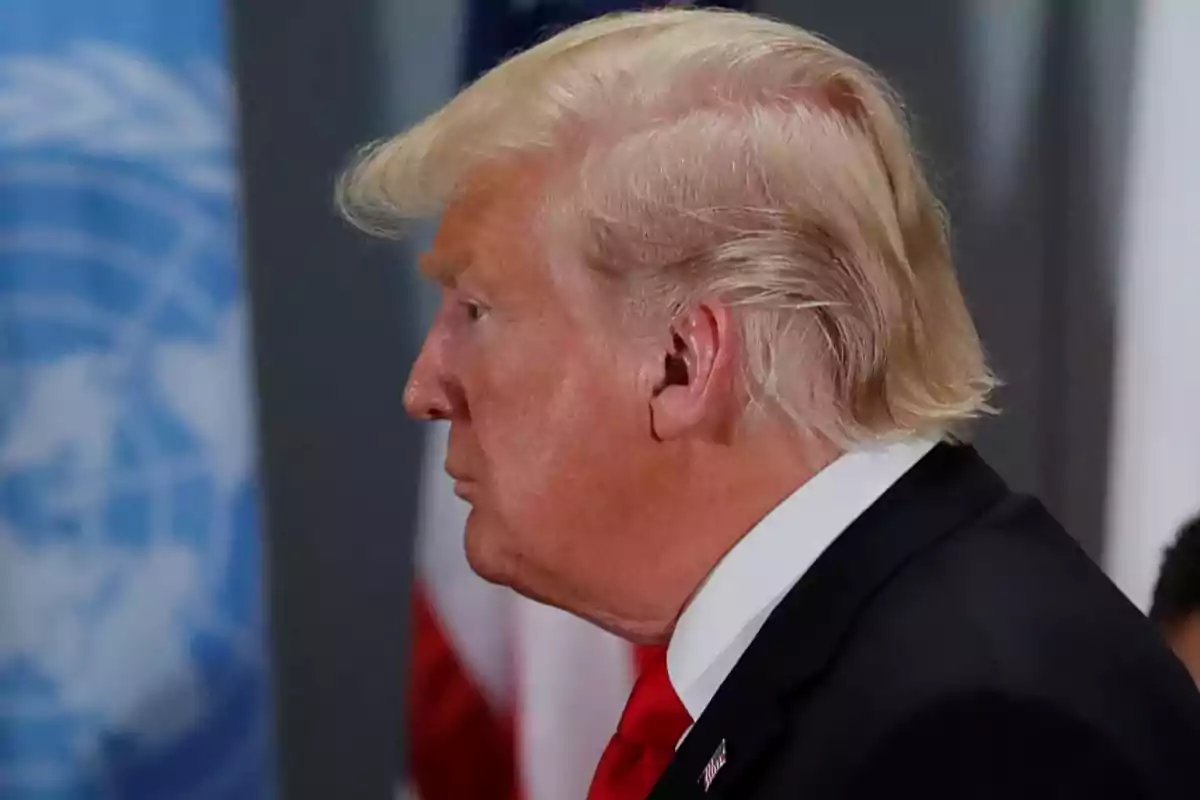
The UN approved the Seville Commitment and criticized the United States for withdrawing.
Trump's administration warned it would stop funding the organization if other countries continued not paying their dues
The United Nations (UN) celebrated the consensus approval of the so-called Seville Commitment, a document that seeks to mobilize trillions of dollars to finance the objectives of the 2030 Agenda.
However, the event was marked by the absence of the United States, which not only withdrew from the negotiations but also rejected the text and decided not to participate in the summit.
Washington's refusal to support the initiative was openly criticized during the summit, after President Donald Trump had previously warned about stopping funding the UN if the organization's financial situation was not regularized.

The United States' anger stems from the fact that it currently covers about 25% of the UN's total budget, a disproportionate share compared to the 2% formally established and far above the financial commitment of all other member states, many of which do not even pay their share.
Despite this enormous sustained contribution, the summit moved forward with a text that proposes new global financial structures, supranational tax mechanisms, and the expansion of multilateral credits. For the United States, the agreement represents an accumulation of commitments without clear institutional backing, in a context in which many signatory countries continue failing to meet their mandatory annual dues to the UN.
The UN Deputy Secretary-General, Amina Mohammed, stated that the countries supposedly made “a serious and long-awaited attempt to address the debt crisis,” and that they sought to close the enormous funding gap to achieve the Sustainable Development Goals (SDGs) of the 2030 Agenda.

In this context, she reiterated the three main areas of action of the Seville Commitment:
- A major investment push to close the 2030 Agenda funding gap
- Concrete measures to address the debt burden
- Greater representation of developing countries in global financial decisions
The decision to abandon the negotiation process was consistent with the course of action adopted by the current U.S. administration regarding multilateral relations. The withdrawal occurred weeks before the conference, amid disagreements over the content of the document and the lack of guarantees regarding accountability.
Although the text was formally approved, its practical application will depend on financial commitments that, at present, are not guaranteed.
Meanwhile, the UN promotes a narrative of global unity, but the facts reflect an unbalanced financing structure, sustained by a few and used by many. The United States' withdrawal exposed this asymmetry and shaped the debate on the future viability of the multilateral system as it is currently conceived.
More posts: